Incredible Edible Tokaj Wine Region – Presentations
Slow Food – Terra Madre Day 10 December 2022 – Sárospatak Cultural House
………………………………………………………..
Winemakers’ 2022 New Wine Vintage Tasting – Tarcal Research Institute, January 2023
………………………………………………………..
I Furmint Summit, closing talk at Aszú House Mád, organised by University of Tokaj and Mád Wine Winery 24 February 2023
Abstract:
An edible Tokaj Wine Region – If you eat, you’re in! Katherine Chapman
On 15 April 2023 we will transform a large empty bed in front of the Gallery (Sárospataki Képtár) into a herb garden for all to discover and share – the first step of a wider project to bring more edible, medicinal and wildlife-friendly plants to the Tokaj Wine Region. Fruit and nut trees and bushes, herbs and vegetables, insect and bird-friendly plants and mushrooms in public spaces that strengthen our link to food, nature and our environment, reinforce and develop our communities and boost the local economy.
The plan? To bring food and nature closer to us all. Comenius, considered “Father of Modern Education”, said, “[For every school] there should be a garden attached where they [students] may feast their eyes on trees, flowers, and plants … where they always hope to hear and see something new. Since the senses are the most trusty servants of the memory, this method [gardens] of sensuous perception will lead to the permanent retention of knowledge.”
This principle can be extended to our public spaces so we’re dreaming and creating community and school gardens and orchards, herb gardens at museums and health centres, tomatoes and courgettes in bus stop flowerbeds! “Cherry to Medlar” orchards around schools, sports/football fields… Pergolas with local resistant grape varieties for a cool grape experience. More almond trees in the vineyards once again, a valuable and nutrition nut, and the blossom offers possibilities for celebrating.
Villages linked again under the shade of apples, sour cherries and plums, walnuts, hazelnuts and chestnuts. Food avenues that are also wildlife corridors, leaving native rose, sloe and hawthorn for our friends in the natural world. Bee meadows and insect and bird paradises as habitat and food to support declining insect populations. Mushroom logs fruiting edible and medicinal fungus in shady corners. Our imagination is the limit!
The project addresses a plethora of current social, economic and environmental issues. Increased access to fresh, local, seasonal, healthy food for local residents builds community and contributes solutions to both food poverty and food security, also reducing food miles. Since the original inspiration for the Tokaj Wine Region edible project, started in Todmorden in the UK in 2007, the Incredible Edible movement over 700 groups have joined worldwide with over 300 in France. New community gardens and orchards, more local produce and products, artisans, businesses and community knowledge hubs have revived markets and stimulated local economies. “Vegetable/Fruit tourism” makes the region more attractive to tourists (and it gives journalists writing about the region a new and current story). Happier, healthier residents also have a positive impact not only on companies but the region as a whole.
For businesses, planting represents opportunities for social responsibility action. In the face of our serious environmental challenges, trees planting and bee meadows are part of a positive sustainable response to climate change and species loss. These habitats support our threatened species and promote bio-diversity. Planting traditional varieties reduces pesticide and fuel use, cutting food miles. Finding the old local resistant varieties to be grafted offers various development opportunities. All these factors strengthen community, economy and environment.
Several aims of the project are in direct accordance with the World Heritage management plan which states, “The inclusion and promotion of local products (not only the Hungaricum Tokaji Wine) expands the range of family friendly services”. Planting traditional grape and fruit varieties is also encouraged in the plan.
So, where can you imagine creating a space for plants that nurtures people’s senses and contentment, land that nourishes their body, mind and soul? Where can you imagine (planting) a herb or community garden, a local resistant grape pergola shading a bench, some vineyard almond trees or a “Cherry to Medlar” football field for all to enjoy?
Plan of Comenius Teacher Training Gardens in Sárospatak, 1895
In addition to the gardener’s house and hospital, the extensive area set aside for horticulture and propagation included a kitchen, abotanic garden, willow for weaving, a playground and ice rink
and beds for
servants
almond, peach, apple, pear, plum, cherry, sour cherry trees, raspberry
seedlings, local and non-local grape varieties
melon, flowers, horseradish, asparagus
………………………………………………………..
Winemakers’ 2022 New Wine Vintage Tasting – Tállya, March 2023
………………………………………………………..
Inspiration for the project is drawn from a group who started in Todmorden


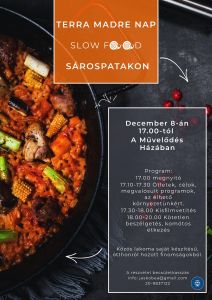
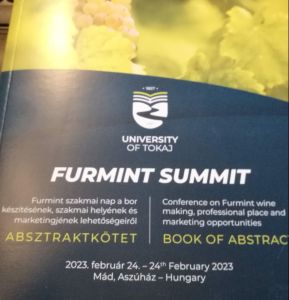
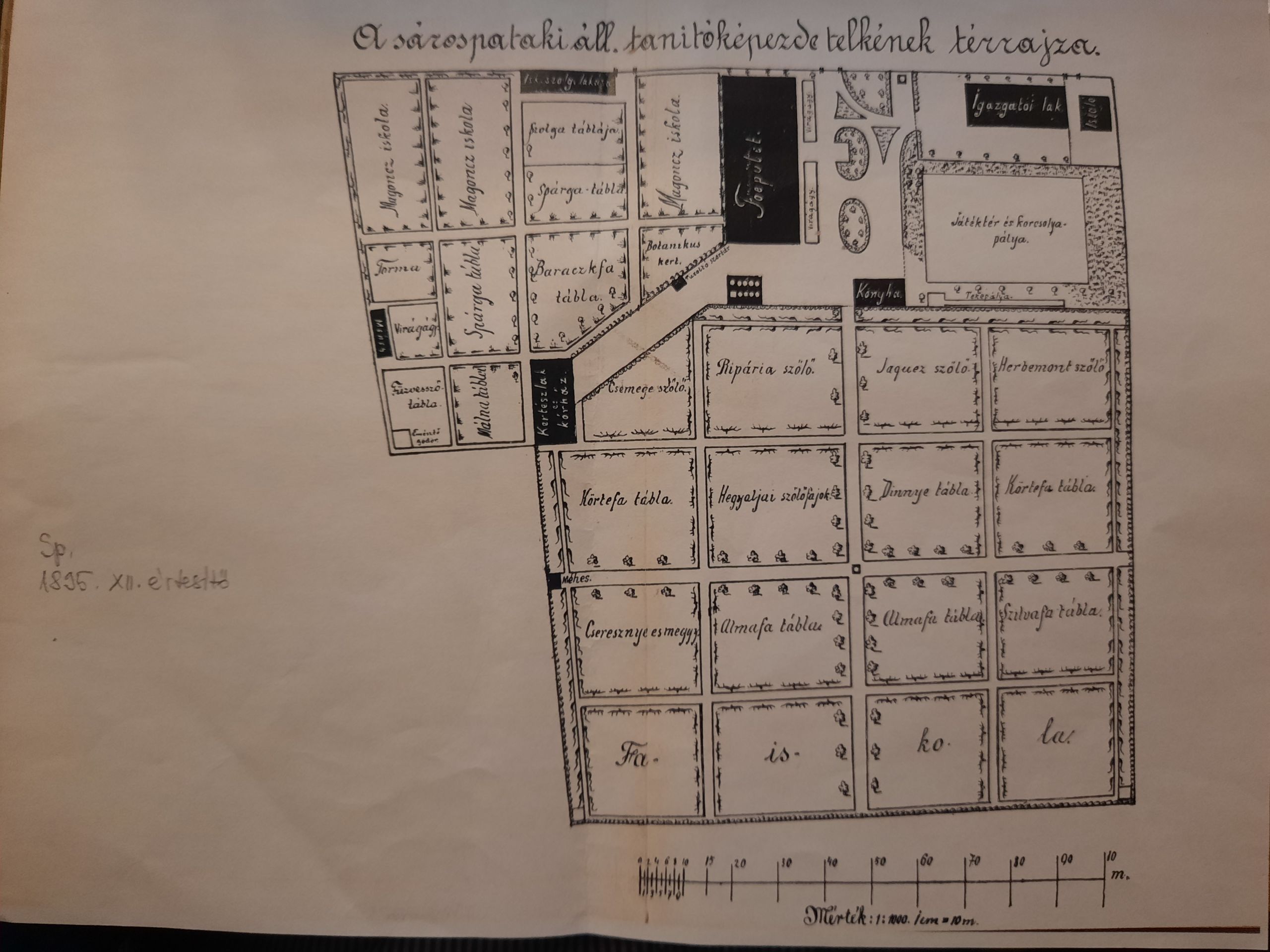
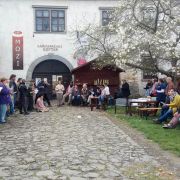
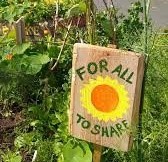

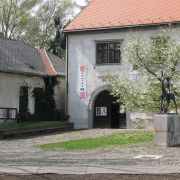 Sárospataki Képtár
Sárospataki Képtár 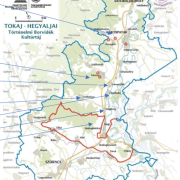 map of Tokaj Wine Region with arrows
map of Tokaj Wine Region with arrows 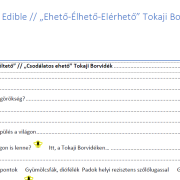

 map of Tokaj Wine Region with arrows
map of Tokaj Wine Region with arrows